What’s holding the world back from recognising the 1971 genocide?

The term "genocide" is regularly used in referring to the bloody conflicts in Israel/Gaza, Ukraine, and Nagorno-Karabakh. Genocide is a crime that has been carefully defined by the United Nations in a treaty. The concept should not be referred to lightly. The Netherlands and the EU would be wise to start recognising genocides that have been scientifically established as such.
Recently, at the 54th session of the UN Human Rights Council in Geneva, I was able to argue for international recognition of the genocide committed by the Pakistani army during the independence struggle of Bangladesh. That independence, declared on March 26, 1971, followed 25 years of exploitation and the denial of self-government to the original population. East Pakistan's secession from West Pakistan was accompanied by genocide; approximately three million people were murdered, 300,000 women were raped, and 10 million people had to flee their homeland.
The crimes committed by the Pakistani military upon the independence of Bangladesh are in line with the definition laid down by the UN in the Convention on the Prevention and Punishment of the Crime of Genocide. This treaty defines genocide as "acts committed with intent to destroy, in whole or in part, a national, ethnical, racial or religious group…" Not only the murder of the population, but also the rape of hundreds of thousands of women was aimed at destroying the identity of the people of Bangladesh.
It is not disputed that Bangladesh's independence was accompanied by genocide. Four renowned institutes have come to this conclusion, including Genocide Watch, the Lemkin Institute for Genocide Prevention, and the International Coalition of Sites of Conscience. And, in April this year, the authoritative International Association of Genocide Scholars also expressed this recognition and called on the UN to adopt a resolution that does the same.
In May 2023, I visited Bangladesh with a European delegation to speak with organisations and individuals who advocate international recognition of the 1971 genocide. The delegation spoke with relatives of victims and witnesses (with investigators from the International Crimes Tribunal), visited murder locations, and studied witness statements. We submitted our findings and the call from the International Association of Genocide Scholars to the then Minister of Foreign Affairs Wopke Hoekstra for a response.
In his response, the minister referred to the 2021 coalition agreement. It states: "The Netherlands, together with a representative number of like-minded EU member states, is examining the recognition of genocides and under what conditions they can jointly recognize genocides." It is added that "rulings of international courts or criminal courts, scientific research and/or findings by the UN Security Council carry weight in this regard." Scientific research regarding the genocide in Bangladesh is widely available. That is why I, together with the European Bangladesh Forum (EBF), urge the House of Representatives and the cabinet to take steps to achieve international recognition of the 1971 genocide.
The Netherlands would not be the first Western country to pay political attention to the genocide of Bangladesh. In October 2022, US Congressmen Steve Chabot (a Republican) and Ro Khanna (a Democrat) submitted a proposal for recognition of the Bangladesh genocide. In February of this year, calls were made in the UK Parliament for recognition. Both countries naturally played an important role in developments in the region. The US during the Cold War was an important supporter of Pakistan and the United Kingdom was a former coloniser in the region.
Less well-known is the early involvement of the Netherlands in the fate of the Bangladeshis. On February 11, 1972, our country was one of the earliest to recognise the independence of Bangladesh. In the period after the War of Independence, the Netherlands also allowed an unknown number of "war babies" to come to the Netherlands through adoption. These babies were the result of the Pakistani military's "rape policy." To make adoption possible in later years, the actual ages of these children were often concealed. This fact is noted in the report of the February committee investigating intercountry adoption.
The 1971 genocide in Bangladesh is also called the "forgotten genocide." The UN Human Rights Council showed that the genocide has by no means been forgotten and that several countries want to seriously consider recognising it. Relatives and organisations in the diaspora of Bangladeshis will also not allow the genocide of their family members to be forgotten. The Netherlands can play an important role in the European Union in the process that will ultimately lead to international recognition of the 1971 genocide in Bangladesh. Through cooperation with the US and the United Kingdom, the first steps towards recognition can be taken.
Harry van Bommel is a former member of parliament in the Netherlands and a human rights activist.

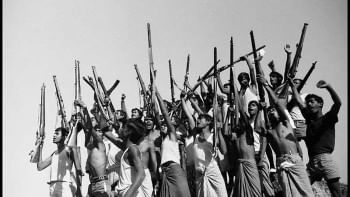
 For all latest news, follow The Daily Star's Google News channel.
For all latest news, follow The Daily Star's Google News channel. 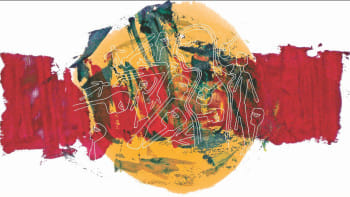
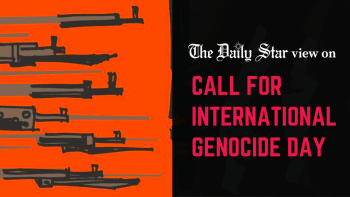




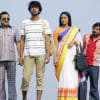

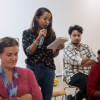
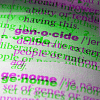


Comments